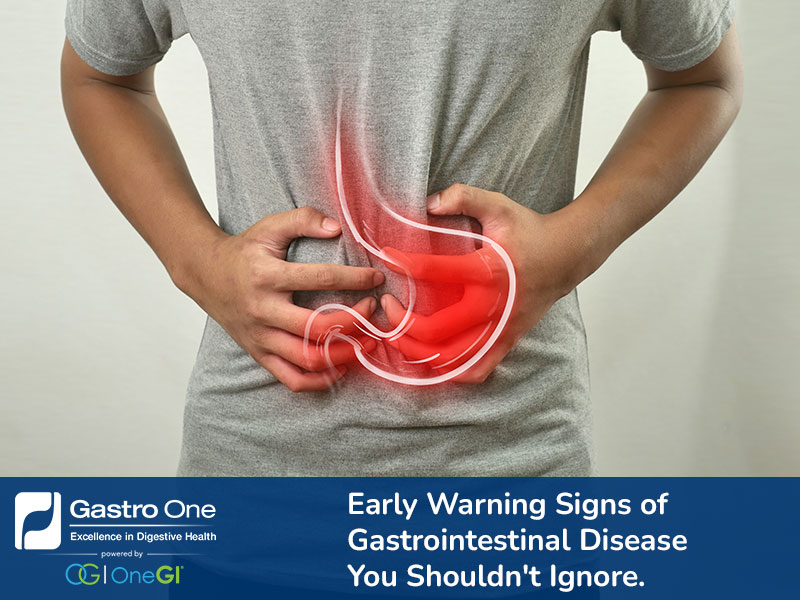
Your gastrointestinal (GI) tract plays a vital role in your overall health, managing the breakdown and absorption of nutrients and eliminating waste. When something isn’t right in your digestive system, your body often gives early signals. Recognizing these early signs of gastrointestinal disease can help you seek timely care and prevent more serious complications.
Here are some key symptoms that you should never ignore, along with what they may mean for your digestive health.
Table of Contents
1. Persistent Abdominal Pain or Cramping
While occasional stomach discomfort is common, ongoing pain, especially in the same area, can signal an underlying issue. Conditions such as Crohn’s disease, ulcerative colitis, irritable bowel syndrome (IBS), or even gastrointestinal cancers can cause recurring abdominal pain. Pay attention to the frequency, location, and intensity of the pain, and report changes to your healthcare provider.
2. Bloating and Excessive Gas
Feeling bloated occasionally after a large meal is normal, but persistent bloating and gas could point to more serious digestive issues. These may include lactose intolerance, small intestinal bacterial overgrowth (SIBO), or celiac disease. If bloating is accompanied by other symptoms such as diarrhea, weight loss, or fatigue, it’s time to consider a consultation with a gastroenterologist.
3. Changes in Bowel Habits
Your bowel habits are one of the clearest indicators of GI health. Sudden changes, such as prolonged diarrhea, constipation, or alternating between the two, can be early signs of gastrointestinal disease. Conditions like IBS, inflammatory bowel disease (IBD), or even colon cancer may manifest in this way. If these symptoms last more than a few days, schedule an appointment with a gastroenterologist or healthcare provider.
4. Blood in Stool
Blood in the stool is never normal and should always be evaluated by a medical professional. Bright red blood may indicate hemorrhoids or an anal fissure, while darker, tarry stool could suggest bleeding from higher up in the GI tract, such as from an ulcer or a more serious condition like colorectal cancer. Don’t delay in seeking medical attention if you notice this symptom.
5. Unexplained Weight Loss
Losing weight without changes to your diet or activity level can be a sign of several GI diseases, including celiac disease, Crohn’s disease, and certain cancers. Malabsorption or chronic inflammation may interfere with your body’s ability to absorb nutrients, leading to gradual but concerning weight loss. If you notice unexpected changes in your weight, reach out to your healthcare provider.
6. Nausea and Vomiting
Frequent nausea or vomiting may be linked to digestive disorders such as gastroparesis (a condition where the stomach empties too slowly), peptic ulcers, or gallbladder disease. It may also be a sign of blockage or obstruction in the intestines. Persistent nausea should be addressed, especially if it interferes with your ability to eat or hydrate.
7. Heartburn or Acid Reflux
Occasional heartburn after a spicy meal is nothing to worry about, but if you regularly experience acid reflux, especially at night or after meals, you may have gastroesophageal reflux disease (GERD). Left untreated, GERD can lead to complications such as esophageal damage or Barrett’s esophagus, which is a risk factor for esophageal cancer.
When to Seek Gastroenterology Treatments
If you experience any of the above symptoms regularly—or if they worsen over time—it’s important to consult a gastroenterologist. Specialists in digestive health can conduct appropriate diagnostic tests such as endoscopy, colonoscopy, blood work, and imaging to determine the root cause of your symptoms. The earlier a condition is detected, the more effective treatment tends to be.
Common gastroenterology treatments may include:
- Medication management (e.g., for acid reflux, IBD, or infection)
- Dietary modifications
- Minimally invasive procedures such as colonoscopy or endoscopic interventions
- Long-term disease monitoring and preventive care
Prioritize Your Digestive Health
Ignoring early signs of gastrointestinal disease can lead to delayed diagnosis, more complex treatments, and unnecessary discomfort. Being proactive about your digestive symptoms—and recognizing what’s normal versus what’s not—empowers you to protect your health and well-being.
If you’ve been noticing any of the warning signs listed above, don’t wait. Reach out to a trusted gastroenterology provider for a consultation. Early intervention can make a world of difference in managing GI health.



